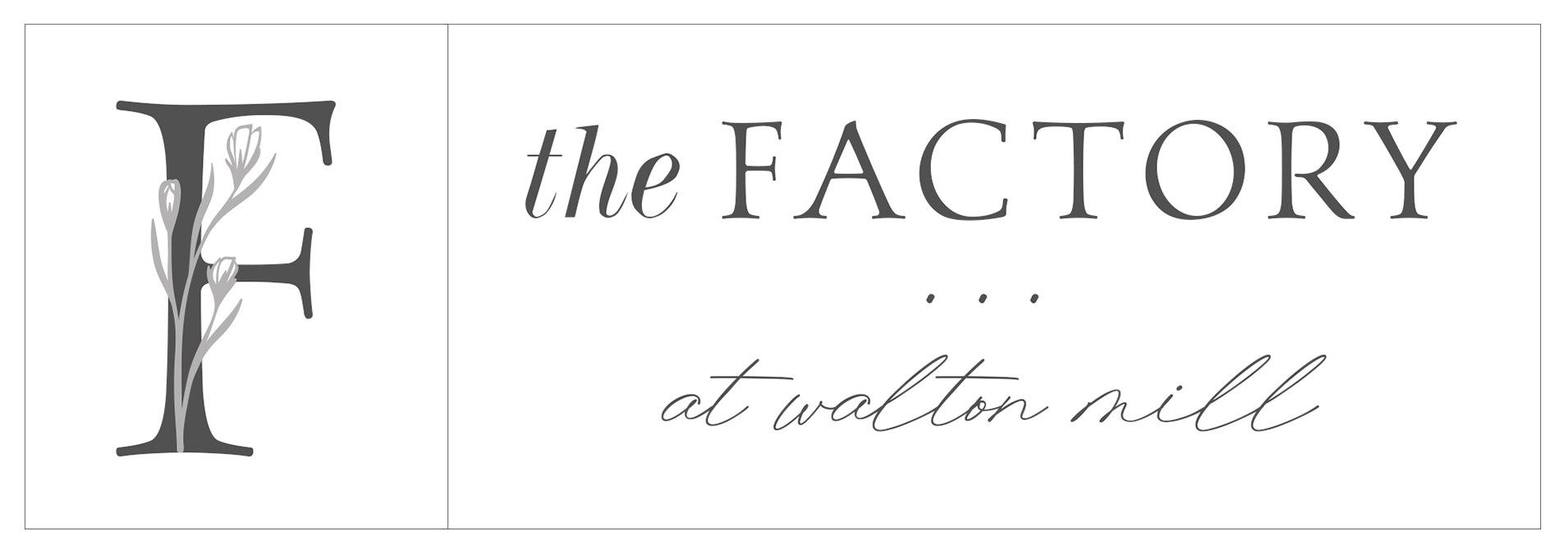Planning a wedding can be anything from fun to overwhelming. The decisions, the details, and the cost of everything can quickly become daunting if you’re unsure which steps to take or questions to ask your wedding planner.
Having a trusted partner in event planning is vital, and putting together that initial list of questions before meeting with them will ensure your experience includes clarity and peace of mind while getting closer to achieving your dream day!
Here are our top 10 essential questions for couples asking any professional wedding consultant so you can make wise choices without worrying about missing out on anything important.
The Importance Of Hiring A Wedding Planner
Planning a wedding is no small undertaking — countless decisions and so much can go wrong.
Hiring a professional wedding planner ensures you’ll have an expert by your side every step, helping take the stress out of organizing such an important event.
From selecting vendors and managing schedules to ensuring everything runs without issue on the big day itself, having someone experienced in handling all these details makes it possible for couples to enjoy their special day with peace of mind rather than worrying about potential issues or forgotten tasks.
With a qualified wedding coordinator guiding them through this process, they can be sure their dream celebration will become a reality!
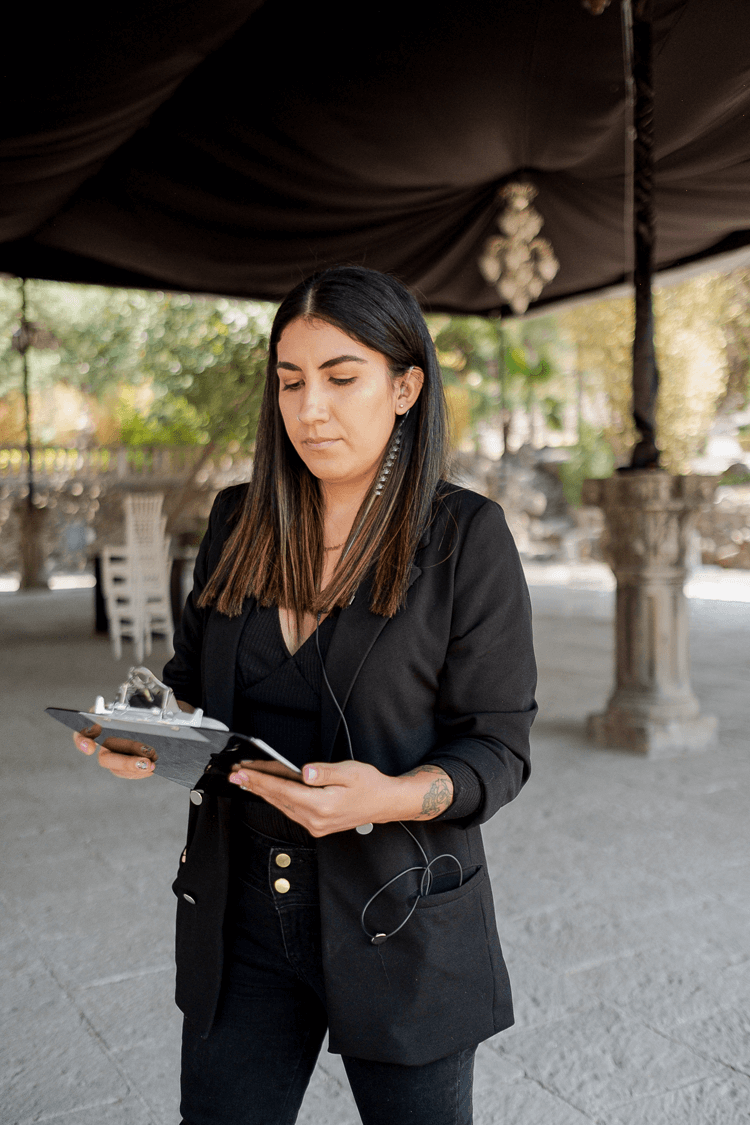
Top 10 Questions To Ask A Wedding Planner
- What is your experience in wedding planning?
- Are you certified or accredited in wedding planning?
- What specific services do you offer?
- What packages are available, and what is included in each?
- How often will you communicate with me during the planning process?
- Will you be available on my wedding day?
- Do you have established relationships with vendors, and can you provide referrals?
- How do you approach budget management?
- What is your planning process like, and what is the timeline?
- Can you provide references or testimonials from previous clients?
Asking these questions will help you understand the wedding planner’s experience and qualifications, approach to their wedding coordinating, and ability to meet your specific needs.
It will also help you to determine if they are the right fit for you and if you feel comfortable working with them.
Experience And Credentials
What Is Their Experience In Wedding Planning?
Choosing a wedding coordinator doesn’t have to be daunting; however, you must vet their experience and expertise in planning weddings! Ask them about previous clients they may have worked with and what kinds of weddings they’ve coordinated.
It’s also beneficial to inquire how long they’ve been providing professional services – this will give you an idea of how experienced your potential pick is when it comes down to handling any budgeting issues or working through complex logistics for organizing vendors.
Be sure not to ask for references from former customers, too, so you can adequately assess if everything meets customer satisfaction standards!
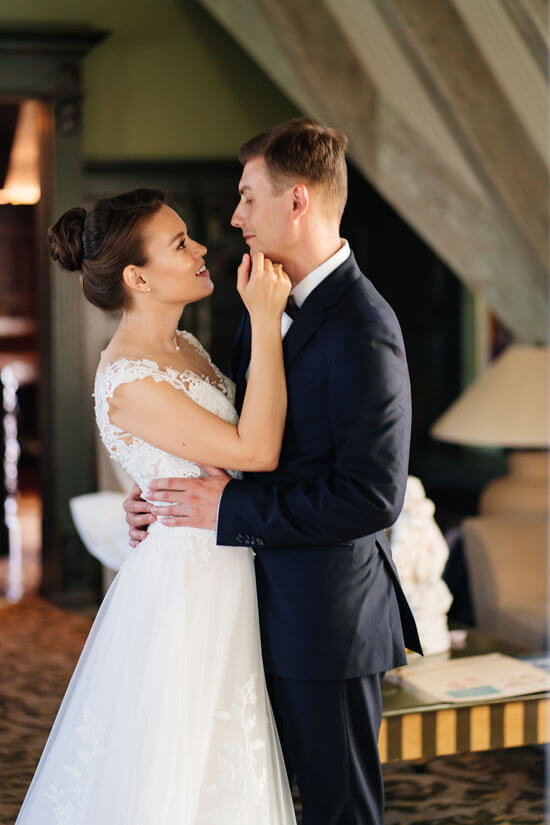
Are They Certified Or Accredited In Wedding Planning?
Regarding wedding coordinating, certifications, and accreditations can set the best planners apart.
If you’re looking for a certified planner, consider those with credentials from organizations like the Association of Bridal Consultants (ABC), the Wedding Planning Institute (WPI), or the International Association of Professional Wedding Planners (IAPWP).
Additionally, look for accredited professionals registered with industry leaders such as International Live Events Associaton(ILEA). With these qualifications in place, your special day will be perfectly planned!
Services And Packages
What Specific Services Do Wedding Planners Offer?
Wedding planners offer various services to help couples plan and execute their wedding day. The services provided by the wedding coordinator can vary depending on the planner, their expertise, and the couple’s needs. Here are some standard services offered by professional wedding consultants:
- Full-service planning includes all aspects of the wedding coordinating process, from finding vendors to managing the actual wedding day. The planner will work with the couple to create a wedding vision and cover all the details.
- Partial planning: This service involves the planner working with the couple to create a plan for the wedding and helping them to select vendors, but the couple will still handle some aspects of the planning.
- Day-of coordination: This service is for couples who have already planned their wedding but need someone to manage the day-of logistics. The planner will ensure that everything runs smoothly on the wedding day.
- Vendor selection: This service involves the planner providing recommendations and assistance in selecting and securing wedding vendors, such as photographers, caterers, and florists.
- Budget management: This service involves the planner working with the couple to create a wedding budget and then managing the budget throughout the planning process.
- Design and decor: This service involves the planner creating a cohesive strategy for the wedding and providing guidance on decor choices.
- Rehearsal dinner planning: This service involves the planner assisting with the planning and execution of the rehearsal dinner.
- Honeymoon planning: Some wedding planners may also offer honeymoon planning services to help couples plan a post-wedding getaway.
These are just some of the many services that marriage planners can offer. The specific benefits will depend on the planner and the couple’s needs.
What Packages Are Available, And What Is Included In Each?
A wedding planner typically offers a variety of packages that can include different levels of service and assistance, depending on the needs and preferences of the couple. Here are some of the most common packages that wedding planners offer:
- Full-service planning is the most comprehensive package a professional wedding consultant can offer. It includes assistance with every aspect of the wedding coordinating process, from finding a venue to coordinating preferred vendors to creating a timeline for the big day. The marriage planner will work closely with the couple to understand their wedding vision and take care of all the details to make that vision a reality.
- Partial planning: This package is ideal for couples who have already started planning their wedding but need additional help and guidance. A wedding planner offering this package may help find vendors, create a timeline, and manage logistics. However, the couple will still be responsible for some of the planning.
- Month-of coordination: This package is designed for couples who have already completed most of the planning for their wedding but want a professional to take care of the final details and manage the day-of logistics. The wedding coordinator will typically begin working with the couple about a month before the wedding to ensure everything is in order and that the day runs smoothly.
- Day-of coordination: This package focuses solely on the wedding day. The wedding planner will ensure everything runs smoothly on the actual wedding day, from managing vendors to overseeing the timeline. This package is ideal for couples who have already planned their wedding but want to relax and enjoy their special day without worrying about the details.
In addition to these packages, a wedding planner may offer a la carte services, such as vendor referrals, budget management, and RSVP tracking. The specific services included in each package can vary from wedding planner to wedding planner, so it’s essential for couples to carefully review the details of each package and discuss their needs and expectations with their chosen wedding planner.
Communication And Availability
How Often Will They Communicate With You?
As wedding planning services starts, there’s a lot of groundwork to lay and visions to explore. To help bring the dream day into reality, couples should expect regular communication with their wedding planner throughout every step of the process – but how often they speak depends on what package and level of service has been chosen.
There could be frequent in-person or video meetings as well as phone calls, or emails exchanged regularly between both parties so all details are accounted for!
As the wedding coordinating process moves forward, communication between couples and their planner is key. Generally speaking, it’s wise to check in once a week or every other week – but as always that timing may vary based on individual customer needs.
As big day approaches, check-ins become even more essential so everything runs smoothly! Ultimately the frequency of contact depends on expectations set by both parties involved— ensuring everyone has what they need for extraordinary nuptials!
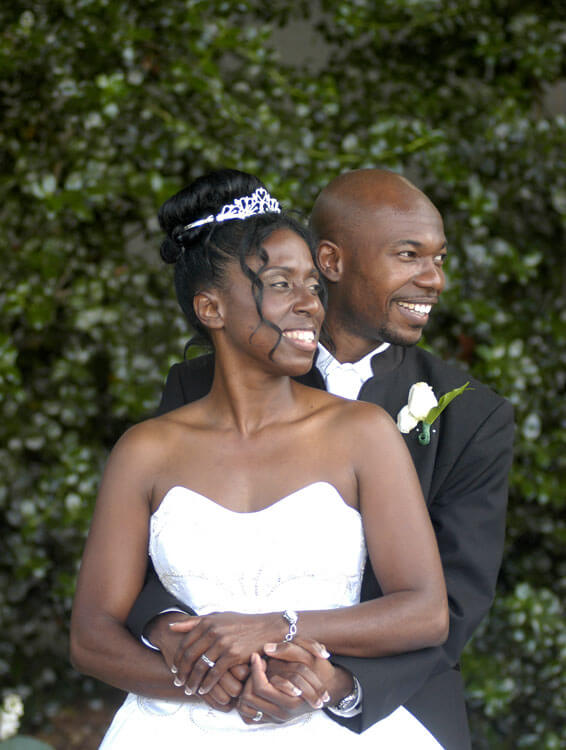
Will They Be Available On Your Wedding Day?
On the day of your special event, a wedding planner should be there to make sure everything runs smoothly.
They’ll arrive early and coordinate with preferred vendors, oversee an accurate timeline throughout the ceremony and reception, and provide assistance if any last-minute issues arise – all while ensuring everyone is fulfilling their duties.
With experienced professionals lending support on such a momentous occasion, you can rest assured that every detail will go as planned!
On your wedding day, you want to relax and savor the moment as one of life’s most significant accomplishments.
By hiring a professional wedding planner, you can ensure that every detail is taken care of so that everyone involved—the couple and their families alike—can enjoy the special occasion without any stress or worries.
With an expert ready to attend to whatever needs arise on this precious day, it will surely be successful and memorable for everyone present!
Vendor Relationships
Do They Have Established Relationships With Vendors?
By having relationships with trusted vendors, wedding planners can provide an invaluable advantage to couples who decide to work with them.
With established connections in the field of weddings and events coupled with firsthand experience working with these various professionals such as caterers, florists, photographers, DJs, etc., wedding planners can recommend only what is best for a couple’s big day – maximizing quality services and guaranteeing smooth event execution all around!
When planning a wedding, working with an experienced planner who has already established relationships with vendors can be highly beneficial to couples.
From accessing exclusive discounts and savings opportunities on all kinds of services to reducing stress levels, partnering up with someone well-connected in the industry makes it easier for couples’ dream weddings to come true while saving money!
When selecting a planner, ask them about their existing partnerships; this will provide insight into how they handle vendor selection and management during your big day.

Can They Provide Referrals For Vendors You May Need?
When you hire a wedding planner, they can help take the stress out of researching vendors for your special day.
Their packages typically include providing personalized referrals that fit both your preferences and budget and negotiating contracts and pricing on your behalf to save you time and money in the process!
With their extensive experience working with caterers, florists, photographers, DJs, etc., marriage planners have all the knowledge needed to create an unforgettable celebration.
Budget Management
How Do They Handle Budget Management?
Budget management is a critical component of wedding planning services, and wedding planners have experience and expertise in managing budgets. Here’s how a certified wedding planner typically handles budget management:
- Establishing a budget: The wedding coordinator will work with the couple to establish a realistic budget for the wedding. They will consider factors such as the size and style of the wedding, the venue, the guest count, and the couple’s priorities and preferences.
- Creating a budget spreadsheet: The wedding planner will create a detailed budget spreadsheet that outlines all of the costs associated with the wedding. They will track expenses and payments as they are made and ensure that everything stays within the established budget.
- Vendor negotiations: The wedding planner will use their network and experience to negotiate with vendors and ensure that they are providing the best possible value for their services. They may also recommend cost-saving options or suggest areas where the couple can cut back on expenses.
- Payment management: The wedding planner will keep track of payment due dates and ensure that all vendors are paid on time. They will also review vendor contracts to ensure that there are no hidden fees or unexpected expenses.
- Budget adjustments: If unexpected expenses arise or the couple decides to make changes to their wedding plans, the wedding planner will adjust the budget spreadsheet accordingly and provide recommendations for how to stay within the budget.
Overall, a marriage planner’s goal is to help the couple create the wedding of their dreams while staying within their budget. By working with a wedding planner, couples can have peace of mind knowing that their budget is being expertly managed throughout the planning process.
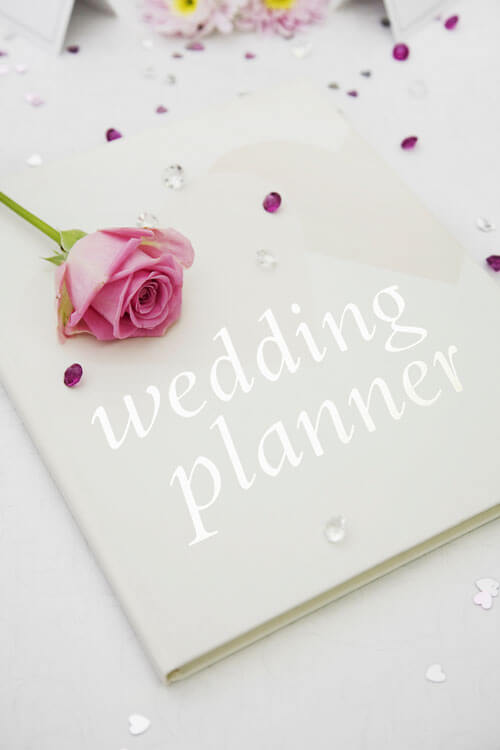
What Is Their Fee Structure?
Wedding planners typically offer several fee structures, including flat fees, hourly rates, and a wedding budget percentage. The fee structure can vary depending on the scope of services provided, the wedding planner’s experience and reputation, and the location of the wedding.
Here’s a closer look at the three most common fee structures for wedding planners:
- Flat fee: With this fee structure, the wedding planner charges a flat fee for their services, regardless of the time or work involved in planning the wedding. This fee may be based on the size and complexity of the wedding or a specific package of services.
- Hourly rate: With this fee structure, the wedding planner charges an hourly rate for their services. The hourly rate may vary based on the wedding planner’s experience and the wedding location.
- Percentage of the total budget: With this fee structure, the wedding planner charges a percentage of the entire wedding budget as their fee. The percentage may range from 10% to 20% or more, depending on the services provided and the wedding planner’s experience.
It’s important to note that some wedding planners may require a deposit or retainer fee upfront to secure their services. Additionally, some wedding planners may offer add-on services not included in their base fees, such as travel expenses, vendor coordination, or wedding day coordination.
When working with a certified wedding planner, it’s essential to carefully review their fee structure and contract to ensure that you fully understand their services and fees.
Wedding Design
How Do They Approach Wedding Design?
A wedding planner approaches wedding design by working closely with the couple to understand their style, preferences, and vision for their wedding day. Here’s how a wedding planner typically approaches wedding design:
-
Initial consultation: The wedding planner will schedule an initial consultation with the couple to discuss their overall vision for the wedding, including the theme, color scheme, and any specific design elements that they would like to include.
-
Design concept development: Based on the initial consultation, the wedding planner will develop a design concept that reflects the couple’s style and preferences. This may include mood boards, sketches, or visual inspiration to help the couple visualize the overall design.
-
Vendor selection: The wedding planner will recommend vendors who can help bring the design concept to life. This may include florists, rental companies, lighting designers, and other vendors who can provide the necessary decor and design elements.
-
Coordination with vendors: The wedding planner will work closely with vendors to ensure that the design is executed according to the couple’s vision. They may provide detailed design plans and schedules to ensure that everything is set up and arranged correctly.
-
On-site coordination: On the day of the wedding, the wedding planner will oversee the setup and execution of the design. They will ensure that all decor and design elements are in place and that everything looks and feels as the couple envisioned.
-
Post-wedding wrap-up: After the wedding, the wedding planner will coordinate with vendors to ensure that all decor and design elements are properly cleaned up and returned. They may also provide the couple with a keepsake or photographs to remember their wedding design.
Overall, a wedding planner’s approach to wedding design is collaborative and focused on bringing the couple’s vision to life. By working closely with the couple and vendors, the wedding planner can create a cohesive and memorable wedding design that reflects the couple’s style and personality.
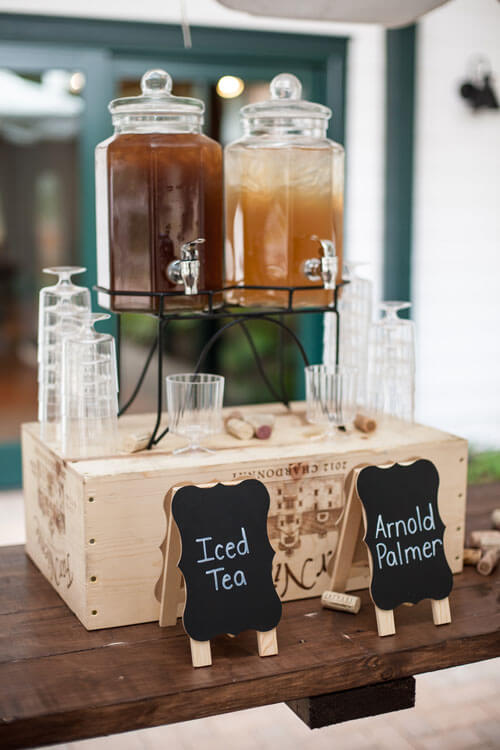
Do They Have A Portfolio Or Examples Of Their Work?
Their portfolio is all for any bride and groom seeking a talented wedding planner! A successful coordinator should show off the breadth of experiences they’ve had planning weddings.
From high-budget extravaganzas to intimate ceremonies on small budgets and everything in between, showcasing what results from the services provided – this is how brides will get an idea of whether or not that particular wedding expert can make dreams come true.
The best planners also provide insight into challenges faced throughout each process and details about how those obstacles were surmounted, transforming doubts into delights!
Reviewing their portfolio is an integral part of the process for couples looking to hire a wedding planner. It allows you to get acquainted with their style and provides evidence that they can execute beautiful designs and manage all details involved in planning a successful event.
When perusing through portfolios, look for consistency across different weddings and attention positioned on detail and organization – qualities that will serve your day perfectly!
Don’t forget to read reviews from past clients, too; these provide valuable insight into each candidate’s communication styles and responsiveness under consideration.
In summary: getting familiar with potential planners via evaluating their online presence should always factor into any wedding decision-making journey – it could make or break your big day celebration success!
Planning Process And Timeline
What Is Their Planning Process Like?
A wedding planner’s planning process can vary depending on the scope of services they offer and the size and complexity of the wedding. However, most wedding planners follow a general coordinating process that includes the following steps:
- Initial consultation: The wedding planner will schedule an initial consultation with the couple to discuss their vision for the wedding, their budget, and any other important details. This meeting is an opportunity for the wedding planner to get to know the couple and their needs and preferences.
- Budget development: The wedding planner will work with the couple to develop a realistic wedding budget that meets their needs. The budget may include all aspects of the wedding, including the wedding venue, vendors, decor, and other details.
- Venue selection: The wedding planner will help the couple select a wedding venue that meets their needs and fits their budget. The planner will also work with the wedding venue to coordinate logistics and ensure everything is set up and arranged correctly.
- Vendor selection: The wedding planner will help the couple select vendors who can provide the necessary services for the wedding, such as catering, photography, music, and decor. The planner will also coordinate with vendors to ensure that everything is in place on the day of the wedding.
- Design development: The wedding organizer will work with the couple to develop a design concept for the wedding, including the theme, color scheme, and decor. The planner may also create sketches or visual inspiration to help the couple visualize the overall design.
- Coordination and management: The wedding planner will coordinate and manage all aspects of the wedding, including vendor coordination, scheduling, and logistics. They will also work closely with the couple to ensure that their vision for the wedding is being met and that everything runs smoothly.
- Wedding day coordination: On the day of the wedding, the wedding planner will oversee all aspects of the event, including setup, vendor coordination, and any last-minute details that need to be addressed.
- Post-wedding wrap-up: After the wedding, the event organizer will coordinate with vendors to ensure that all equipment and decor are returned and that any outstanding payments or issues are addressed. They may also provide the couple with a keepsake or photographs to remember their wedding day.
Overall, a wedding planner’s coordinating process is designed to ensure that every detail of the wedding is taken care of, from the initial consultation to the post-wedding wrap-up. By working closely with the couple, the wedding planner can create a memorable and stress-free wedding experience that reflects the couple’s vision and personality.
What Is The Timeline For The Planning Process?
The timeline for the wedding coordinating process can vary depending on the length of the engagement, the size and complexity of the wedding, and the specific needs and preferences of the couple. However, the following is a general timeline for the wedding planning process: 12-18 Months Before the Wedding:- Set a budget and create a preliminary guest list
- Book the ceremony and reception venues
- Select a wedding planner, if desired
- Begin researching and selecting vendors, such as caterers, photographers, florists, and entertainment
- Begin planning the overall wedding design and theme
- Purchase wedding attire
- Finalize guest list
- Finalize vendor selections and contracts
- Send out save-the-date cards
- Plan and book the honeymoon
- Select and order wedding invitations and other stationery
- Plan transportation for the wedding day
- Book accommodations for out-of-town guests
- Order wedding rings
- Arrange for wedding-day beauty services, such as hair and makeup
- Plan the rehearsal dinner
- Create a wedding day timeline
- Choose wedding favors and gifts for attendants
- Attend to any remaining details, such as finalizing menu selections, selecting music, and creating seating charts
- Mail wedding invitations
- Confirm final details with vendors
- Schedule final dress fittings and alterations
- Purchase any necessary wedding-day accessories and decor
- Obtain a marriage license
- Create a detailed wedding day itinerary for the bridal party and vendors
- Confirm all vendor arrangements
- Finalize the seating chart and reception timeline
- Pack for the honeymoon
- Attend to any last-minute details, such as creating a list of must-have photos for the photographer or confirming delivery of decor and rentals
- Relax, enjoy, and trust your wedding planner and vendors to handle any last-minute details and issues
- Get married!
- Send thank-you notes to guests and vendors
- Review vendor contracts and address any outstanding issues or payments
- Preserve the wedding dress and other mementos
- Reflect on the wedding day and cherish the memories
Emergency Plan
What Is Their Emergency Plan In Case Of Unforeseen Circumstances?
Being prepared for the unexpected is key to a successful wedding. A professional planner should work with each couple to develop an emergency plan that takes into account their individual needs and circumstances.
This can cover situations such as sudden weather changes, vendor cancellations, family emergencies or equipment malfunctions – allowing them and their guests to make the most of this special day without disruption!
A wedding planner’s role is much more than just organizing the big day – they must also be prepared for any unexpected hiccups that may arise.
This requires having a thorough emergency plan, complete with contact information of reliable backup vendors and alternative venues as well as other resources necessary to rapidly resolve issues.
With an experienced team of assistants or staff on hand ready to help implement their plans if needed, couples can rest assured knowing that although things don’t always go according to plan – their special day will still turn out flawlessly!

Can They Handle Last-Minute Changes Or Emergencies?
Navigating the complexities of wedding planning can be challenging, but having an experienced wedding planner on your side eliminates much of that stress.
A professional expert in all things nuptials should have a wide array of resources and skills to manage any chaos or emergency as it arises before -or even during- your big day!
From dealing with vendors who need replacing at last minute to weather changes requiring quick adaptation, they’ll ensure everything runs smoothly so you don’t miss out on a single second of celebration.
Plus their established relationships could get extra perks for making sure you enjoy every detail exactly how you’d imagined it!
Not only do they have expert knowledge and established relationships with vendors, but also contingency plans spread out across all aspects of your special day – from transportation options in case things go awry to emergency contacts for any unexpected events.
Enjoy every moment without stress knowing that whatever troubles arrive on the big day can be handled swiftly and confidently by an experienced team ready for anything!
References And Testimonials

Can They Provide References Or Testimonials From Previous Clients?
Wedding planners are well-equipped to provide references and testimonials from past clients so potential can get a real sense of their service quality.
Testimonials may be found on websites or social media pages, while requests for direct reference might be granted in some instances if needed.
Couples can ensure their special day is handled smoothly by learning about experiences working with a wedding planner through former customers’ firsthand accounts.
When planning for the big day, it’s vital to do your research and ensure you know who you can trust.
Gathering references or hearing testimonials from former clients when considering a wedding organizer is an essential step in making sure that everyone involved feels content with their choice.
With this approach, couples will have peace of mind knowing they’ve made an informed decision on whom to entrust one of life’s most significant moments!
What Do Their Previous Clients Say About Their Services?
With the proper level of expertise and professionalism, wedding planners can be an invaluable part of ensuring a couple’s special day goes off without a hitch.
Those who have pulled from past experiences with these professional coordinators often report rewards such as well-managed budgets, clear communication each step along the way and stress levels kept to a minimum – all beneficial factors when it comes to planning for that picture perfect event!
Summary Of 10 Essential Questions To Ask Your Wedding Planner Before Hiring Them
When hiring a wedding coordinator, it’s essential to ask the right questions to ensure you find someone who fits your needs and budget well. Here is a summary of 10 essential questions to ask a wedding planner before hiring them:
- What is your experience in wedding planning? This will help you determine their expertise and ability to handle different types of weddings.
- Are you certified or accredited in wedding planning? This will help you determine if they have received formal training and education in wedding coordinating.
- What specific services do you offer? This will help you determine if they offer the specific services you need, such as full planning, partial planning, or day-of coordination.
- What packages are available, and what is included in each? This will help you understand each package’s pricing structure and services.
- How often will you communicate with me during the planning process? This will help you determine how responsive they will be and how often you can expect to receive updates and progress reports.
- Will you be available on my wedding day? This will ensure they can provide on-site coordination and management on your big day.
- Do you have established relationships with vendors, and can you provide referrals? This will help you determine if they have access to high-quality vendors and if they can provide recommendations based on your specific needs and budget.
- How do you approach budget management? This will help you determine how they will handle budget-related decisions and ensure you stay within budget.
- What is your planning process like, and what is the timeline? This will help you understand how they plan and execute weddings and how much time is needed for each stage of the planning process.
- Can you provide references or testimonials from previous clients? This will help you determine their track record and the experiences of other clients who have worked with them.
Schedule A Tour And Let Us Answer All Of Your Wedding Day Questions
Use these questions as a guide when you’re narrowing down your wedding planner options to find the one that is right for you and your needs.
At The Factory At Walton Mill, we pride ourselves on being able to work with any type of bride to create her dream wedding day.
Schedule a tour today so that we can show you what makes us unique and how our experienced team can help make your vision come to life.
